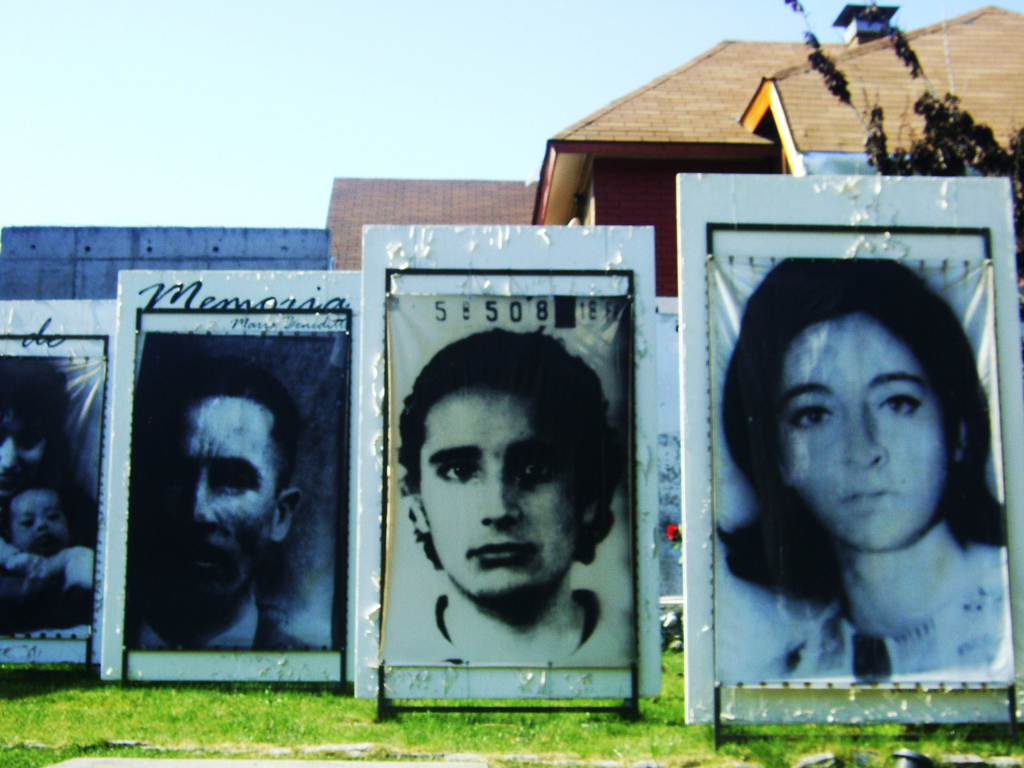
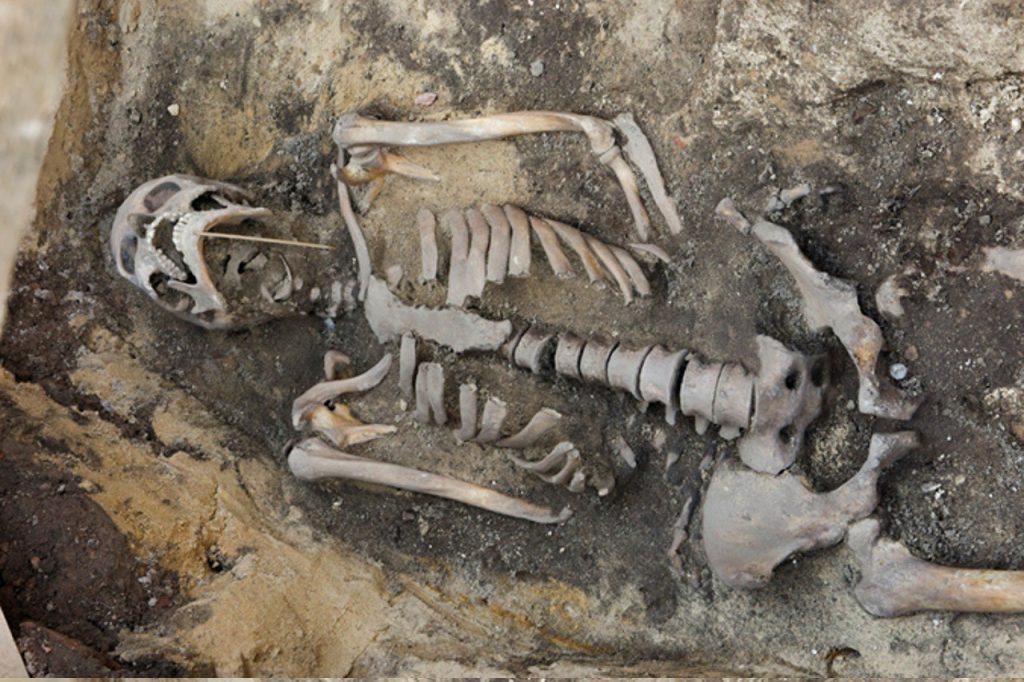
Historical Memory
Increasingly, countries and communities are addressing the violations of human rights experienced under authoritarian rule and during violent conflicts in the recent and more distant past. The process of addressing the legacy of a violent conflict is important for reconciliation. Regardless, the victims often remain unidentified even decades after their remains have been located which leaves the final chapter of a conflict unwritten.
Skeleton-based identification
for historic cases
Even though DNA profiling is widely available, in historical cases victims often can not be identified with this technique because it requires access to a DNA sample of a close relative.

Photos on the other hand are even available for most missing people dating as far back as the beginning of the 20th century. There are however time constraints, as family members owning photos and other records are elderly and once they pass, these records will likely be lost with them.
SKELETON·ID SOLUTION
CORE
Missing and Unidentified people Database and Virtual Lab, Case Files, Reports, Statistics, Access Management etc.
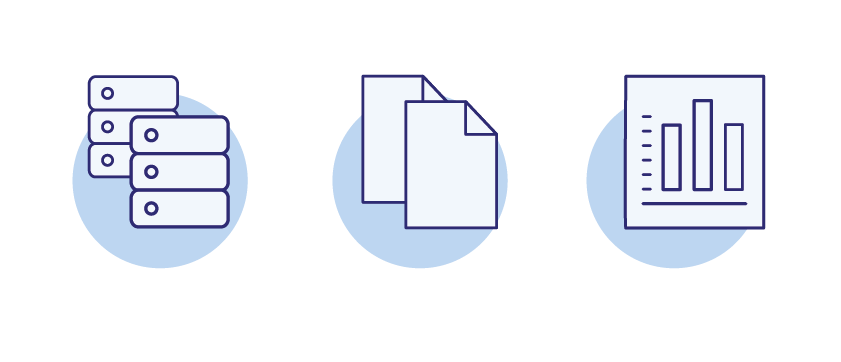
MODULES
· Craniofacial Superimposition
· Dental Comparison
· Biological Profile
· Comparative Radiography
VIRTUAL LAB
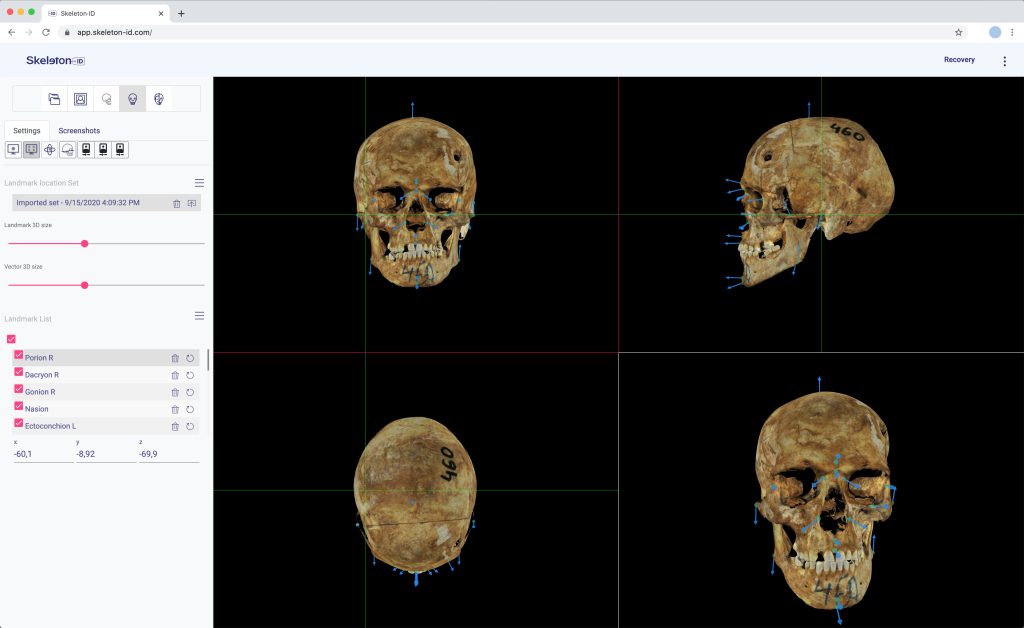
What is
Skeleton·ID is a game-changing software solution that combines identification techniques with Artificial Intelligence and integrates them into one single tool.
Allows different types of input data for missing and unidentified people. The software can process photos, 3D models, x-rays, personal information, and dental records and can compare this data with entire databases automatically by Artificial Intelligence. This makes the large-scale application of skeleton-based identification possible for the first time.
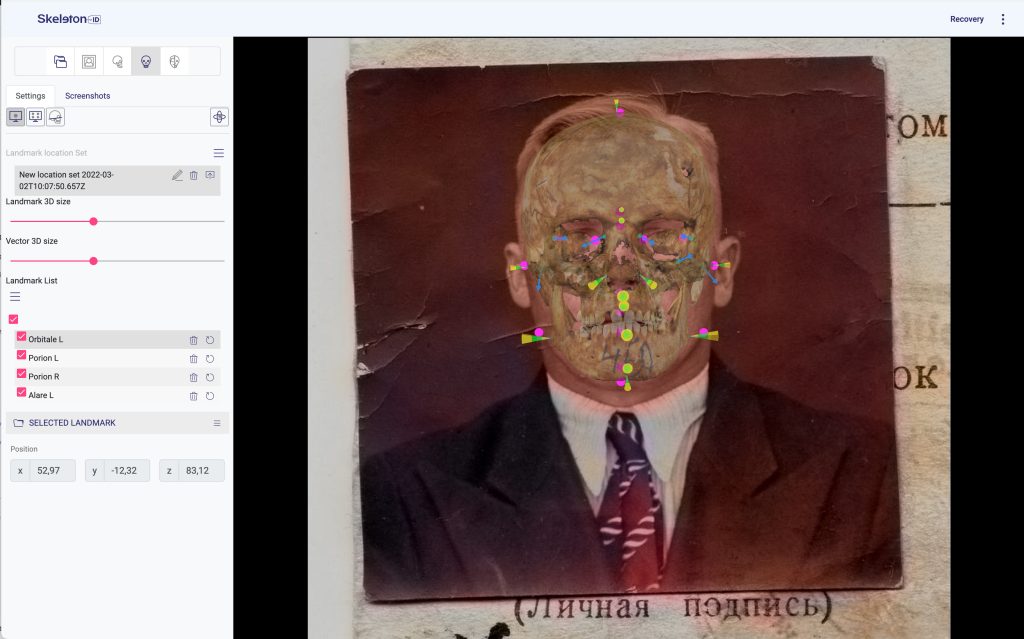
Designed for
forensic experts
Forensic experts like anthropologists, odontologists, pathologists in governmental and non-governmental organizations.
Governmental
Organizations
Forensic / Legal
Medicine
Non-Governmental
Organizations
Read case study Vilnius
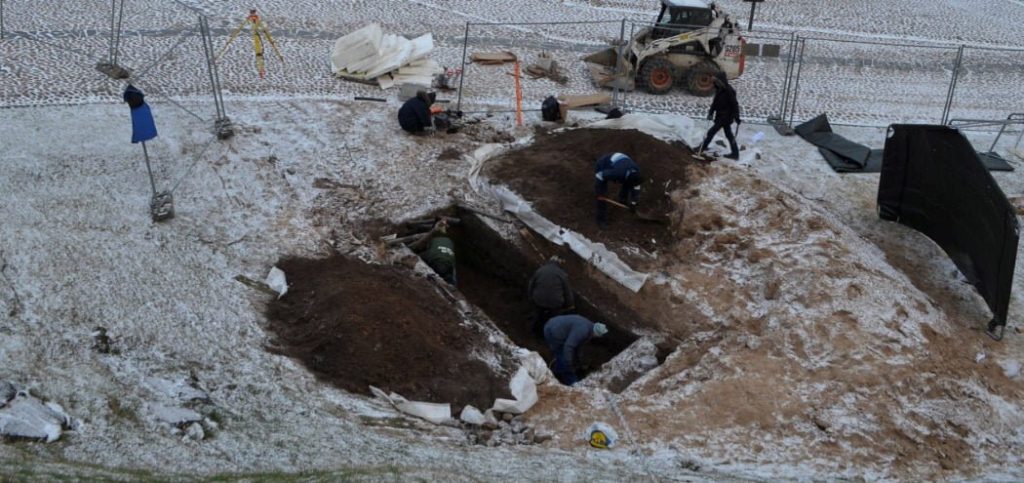
The armed conflicts of the last century have left millions of unidentified individuals behind in mass graves around the world.
